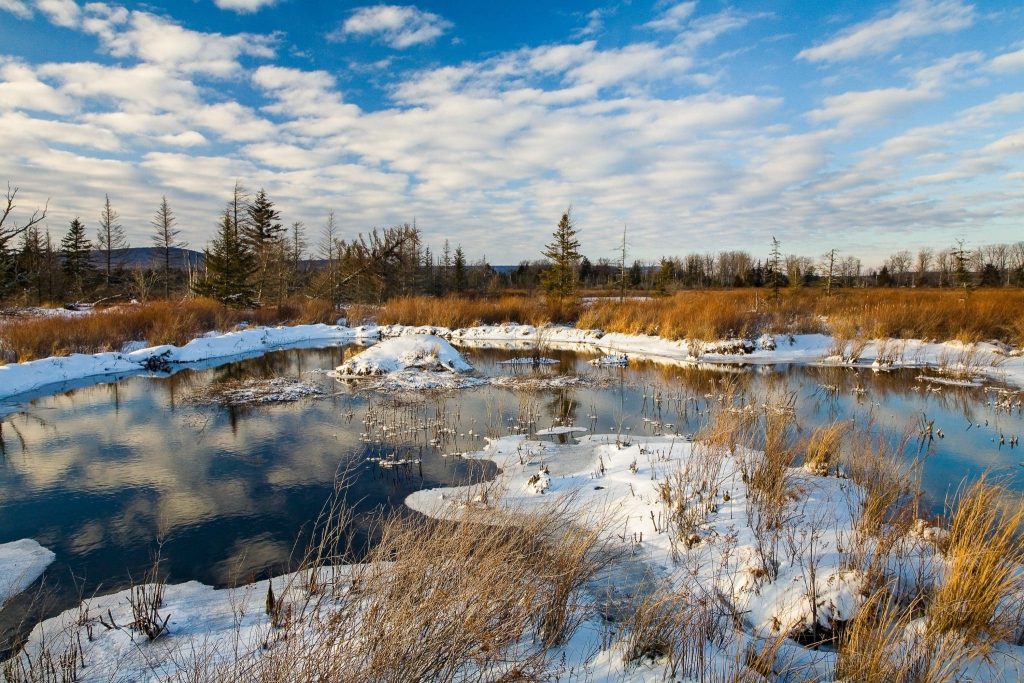Western North Carolina Groups Seek Solutions to Human-Bear Interactions
By Jack Singletary
More than 60 percent of shelters on the Appalachian Trail in the Great Smoky Mountains National Park encounter some type of human and bear contact each year, according to park preservation organization Friends of the Smokies. To help reduce this, the Appalachian Trail Conservancy, a group working to protect the national hiking path, awarded Friends of the Smokies a $4,000 grant in October 2019.
The grant was funded by annual proceeds from the Appalachian Trail Conservancy’s specialty license plate sales, and will fund seasonal staff and two wildlife interns to repair food storage cables at the park’s campsites and shelters along the Appalachian Trail.
There are an estimated 1,500 black bears in the Great Smoky Mountains National Park, according to the National Park Service. Black bears are attracted to the smell of human food, but storage cables suspended from trees and telephone poles at backcountry campsites and shelters can help keep campers’ food out of the reach of bears.
Human-bear conflicts also arise in cities like Asheville, N.C., where the ongoing Asheville Urban/Suburban Bear Study is examining bear activity in the city and surrounding suburbs.
Phase one of the study was conducted from April 2014 to August 2018 and involved capturing 245 bears on private property with the permission of landowners and outfitting the bears with radio collars.
Researchers are continuing to collect data from the radio collars in the next phase of the study, which began in April 2019. But now, the study is also focused on the human side of the equation and is helping neighborhoods become “BearWise Certified” to help people live safely near bears. BearWise Certified neighborhoods follow the six BearWise principles found at bearwise.org and feature an ambassador who serves as a contact between the neighborhood and the North Carolina Wildlife Resources Commission.
Wildlife experts warn that even though black bears may appear to be more comfortable with humans in some areas, people should always treat them with caution and respect.
BearWise Principles:
- Never feed or approach bears
- Secure food, garbage and recycling
- Remove bird feeders when bears are active
- Never leave pet food outdoors
- Clean and store grills
- Alert neighbors to bear activity
Related Articles
Latest News

Leave a comment
Your email address will not be published. Required fields are marked *





Leave a Comment